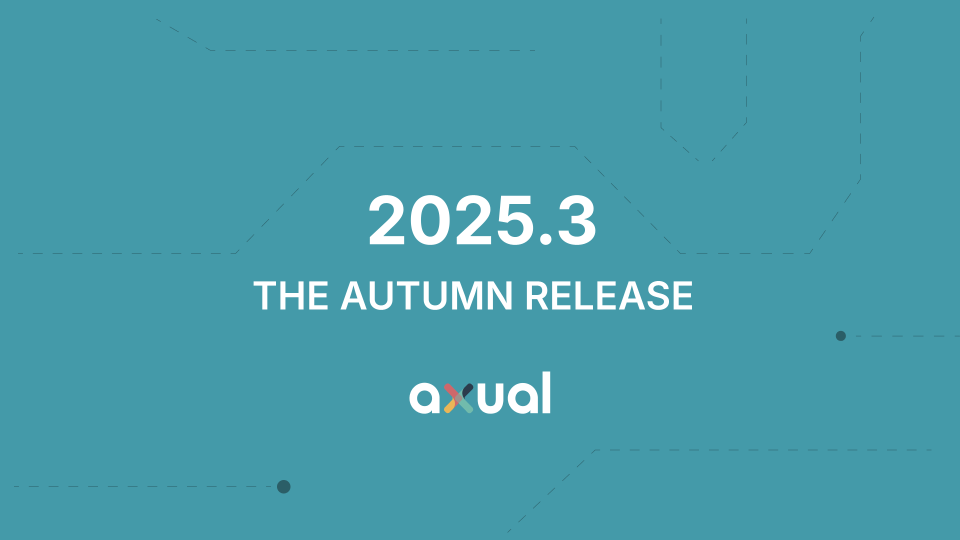Why you should use Apache Kafka for industry 4.0
Apache Kafka is the leading open source event streaming platform. This platform enables organizations to use real-time data instead of batch data. This new way of using data has a lot of use cases. In this blog we explore how industry 4.0 can benefit from Apache Kafka®

On this page
Transforming the way manufacturing and industrial companies operate, Operational Technology (OT) and Industry 4.0 are here to stay. With the integration of advanced technologies such as IoT, AI, and automation, manufacturing and industrial organizations are now able to optimize production processes, improve efficiency, and reduce downtime. Apache Kafka® plays an integral part with the integration of these different tools. You can read about different use cases here.
In this blog, we will explain the following:
- What is industry 4.0 and operational technology
- The need for Apache Kafka® when working with operational technology
- Use cases for Apache Kafka within industry 4.0
What is industry 4.0 and operational technology?
Industry 4.0
Industry 4.0 is a term used to describe the fourth industrial revolution, which is characterized by the integration of different advanced technologies such as the Internet of Things (IoT), artificial intelligence (AI), and automation into industrial processes. Industry 4.0 aims to create factories that could operate (semi) autonomously, are able to adapt to changing conditions and make decisions in real-time. People for implementing this want to achieve this by connecting and analyzing data from various sources. This includes IoT devices, networks of sensors and manufacturing equipment. Operational Technology systems are used to collect and process data from these sources.
Operational technology
Operational Technology (OT) refers to the hardware and software systems used to control and monitor physical processes and equipment in industrial settings. This includes programmable logic controllers (PLCs), industrial control systems (ICS), and other specialized equipment and software. OT is used in a wide range of industries, including manufacturing, energy, oil and gas, and transportation.
How differs operational technology from information technology?
Operational Technology (OT) and Information Technology (IT) are two distinct areas of technology that are often used in conjunction with each other, but have different purposes and functions. OT refers to the technologies and systems used to control and monitor physical processes and equipment in industrial settings, such as manufacturing plants, power plants, and oil refineries. This includes programmable logic controllers (PLCs), industrial control systems (ICS), and other specialized equipment and software. IT, on the other hand, refers to the technologies and systems used to manage and process information, such as computers, servers, networks, and software applications. IT is mainly used for business operations such as data management, communication and office automation. While both are important for the efficient operation of an organization, the main difference between the two is that OT focuses on the control and monitoring of physical processes, while IT focuses on the management and processing of information. Here we have to mention the difference between “hard” and “soft” real-time. Hard real-time is when a system will cease to function if a deadline is missed, which can result in catastrophic consequences. Most OT networks work with hard real-time.

Why do you need Apache Kafka when you work with operational technology
Apache Kafka is a distributed streaming platform that is designed for high-throughput, fault-tolerant, and scalable data streams. It is an ideal tool for collecting, processing, and analyzing data from various sources, including IoT devices, sensor networks, and manufacturing equipment. When it comes to Operational Technology (OT), someone might choose Apache Kafka as the central hub within the infrastructure.
Kafka allows for real-time data processing. This is essential to enable real-time decision-making to improve efficiency of production processes within industrial environments. Kafka allows to process data as soon as it is generated, so that relevant actions can be taken.
Because Apache Kafka is designed to handle large volumes of and can scale easy, it can always handle the data throughput required by industrial applications. In addition, Kafka® is fault-tolerant. This means that systems can continue to operate, even when certain components fail. This reliability makes Apache Kafka a good middleware choice for industrial applications.
Kafka also has a variety of features such as data partitioning, replication, and fault tolerance that make it a great choice for industrial environments where data streams can be large and complex. With Kafka, you can easily process and analyze large amounts of data in real-time, making it the perfect tool for enabling Industry 4.0 and the smart factory concept.
Use cases for Apache Kafka® within industry 4.0
Predictive maintenance
Because Apache Kafka is an asynchronous event-streaming platform, it is possible to attach analytics solutions to identify patterns and anomalies that my indicate the end of the lifecycle for your equipment. This feature of attaching different consumers of data enables you to make sure that equipment is well-maintained and will reduce cost by scheduling maintenance before a failure occurs.
Quality control and production optimization
Quality control and production optimization are quite important when it comes to manufacturing. If your quality is low, you will lose out on potential customers. If your production line is not optimized, you will lose out on potential profits. Apache Kafka can help with this. As a centralized real-time event streaming platform, it is quite easy to redirect data from sensors and IoT devices to analytics tools.
Supply chain management
Supply chain management has become increasingly complex and demanding due to the vast amounts of data generated by various systems and processes. Apache Kafka, can help organizations to address these challenges by providing a scalable and fault-tolerant data processing infrastructure. With Kafka, companies can collect, process, and analyze real-time data from multiple sources, enabling them to make more informed decisions and take proactive measures to optimize their supply chain operations. Kafka’s ability to handle large volumes of data and provide reliable communication between different systems can also reduce latency and downtime, improving overall supply chain efficiency.
Production logistics
Production logistics is a critical component of Industry 4.0, where real-time data is essential for efficient and cost-effective operations. Apache Kafka, a distributed streaming platform, can provide significant benefits for production logistics by enabling the efficient management of real-time data from multiple sources. Kafka allows organizations to collect, process, and analyze vast amounts of data. By centralizing this data, organizations can gain insights into production processes, identify bottlenecks, and optimize their operations to improve production efficiency.
In summary
Industry 4.0 and Operational Technology (OT) are transforming the manufacturing industry by integrating advanced technologies such as IoT, AI, and automation to improve efficiency and reduce downtime. Apache Kafka is a useful tool for these industries as it allows for real-time data processing and can handle large data volumes on a centralized platform.
How Axual can help you
Axual provides a one-stop solution for Apache Kafka®. This means that our product comes packed with features to facilitate scalability, data governance and other enterprise features. We aim to simplify streaming, so you don’t have to worry about Kafka®, but can focus on adding business value. Do you want to know more? Click here to book a demo or to get in contact with one of are Kafka® experts
Answers to your questions about Axual’s All-in-one Kafka Platform
Are you curious about our All-in-one Kafka platform? Dive into our FAQs
for all the details you need, and find the answers to your burning questions.
Industry 4.0 refers to the fourth industrial revolution, where technologies like IoT, AI, and automation are integrated into industrial processes to create smart, data-driven factories. Operational Technology (OT) encompasses the systems used to control and monitor physical processes in industrial settings, such as PLCs and ICS. OT plays a key role in Industry 4.0 by gathering and processing data from connected devices and machinery, enabling real-time decision-making and automation.
Apache Kafka is critical for OT because it can handle large volumes of real-time data from IoT devices, sensors, and industrial equipment. Kafka’s high-throughput, fault-tolerant architecture ensures reliable data collection and processing, allowing organizations to make data-driven decisions in real-time, which is essential for improving operational efficiency, optimizing production, and preventing downtime.
Key use cases for Apache Kafka in Industry 4.0 include predictive maintenance, where Kafka enables real-time analysis of equipment data to prevent breakdowns and quality control, where it helps optimize production processes by streaming data from sensors for analysis. Kafka also enhances supply chain management by collecting and processing large amounts of real-time data to improve decision-making and operational efficiency.
Related blogs

Axual 2025.4, the Winter Release, expands on the governance and self-service foundations of 2025.3 with improved KSML monitoring and state management, an enhanced Schema Catalog, and usability improvements across Self-Service and the platform.

Axual 2025.3 release introduces KSML 1.1 integration for automated stream processing deployment, group-based resource filtering for multi-team governance, and experimental MCP Server for AI-driven platform operations. Includes JSON schema support, Protobuf processing (beta), and enhanced audit tracking for enterprise Kafka implementations.

The Axual 2025.2 summer release delivers targeted improvements for enterprise-grade Kafka deployments. In this post, we walk through the latest updates—from enhanced audit tracking and OAuth support in the REST Proxy to smarter stream processing controls in KSML. These features are designed to solve the real-world governance, security, and operational challenges enterprises face when scaling Kafka across teams and systems.
